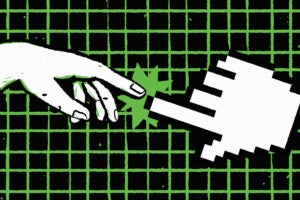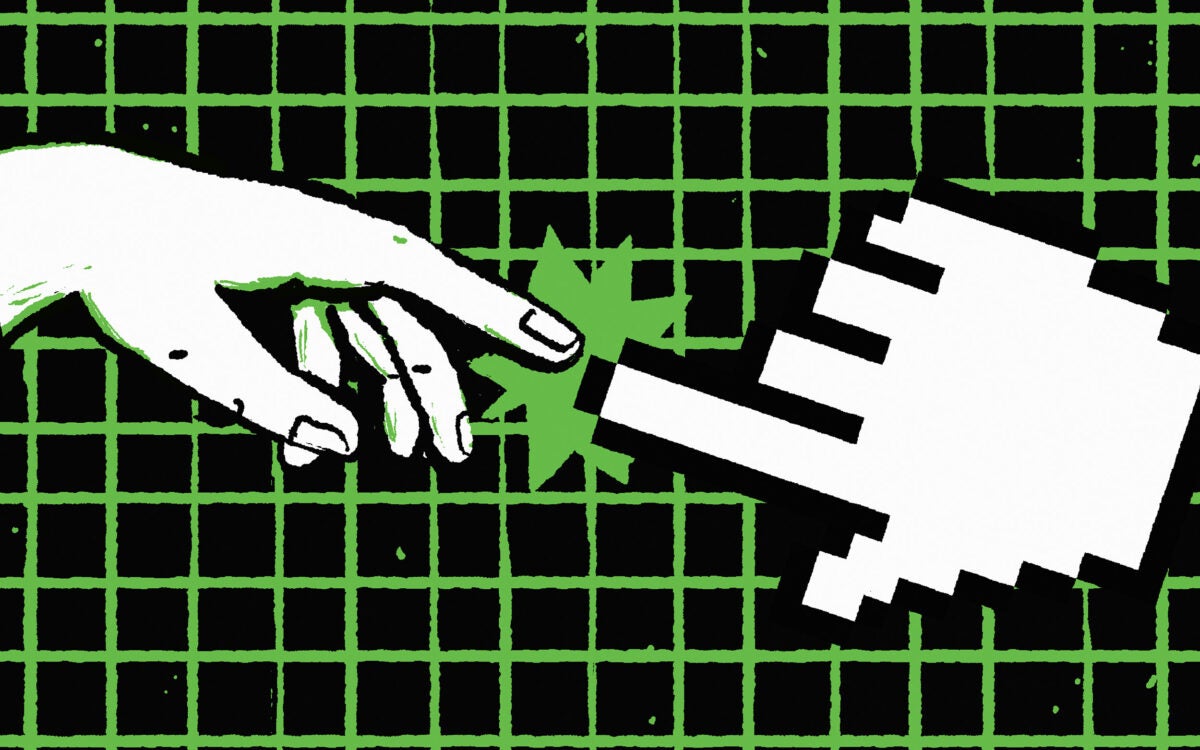Patents have negative impact on access to HIV/AIDS drugs in developing countries
On the other hand, patents may promote access to new therapies by encouraging innovators
Researchers Joan-Ramon Borrell and Jayashree Watal collected sales data for HIV/AIDS drugs in a sample of 34 low- and middle-income countries between 1995 and 1999 to assess the impact of patents on unsubsidized access to a new drug therapy. Their main finding is that patent rights do have a negative effect on unsubsidized access to HIV/AIDS drugs. Between 1995 and 1999, switching all HIV/AIDS drugs from a patent system to a no patent system would have actually increased access to therapy at least by 30 percent. However, they also found that the negative impact of patents on access differs strongly over time, and across countries with different income levels. Patents hurt access most in the early period from the date the drug is launched in the United States, and in the countries of their sample with the relatively higher per capita income levels.




